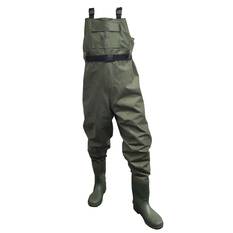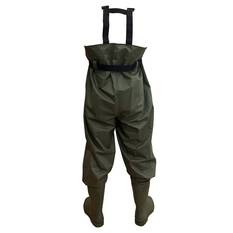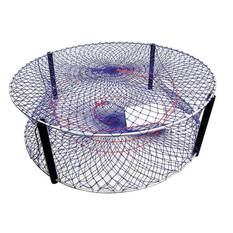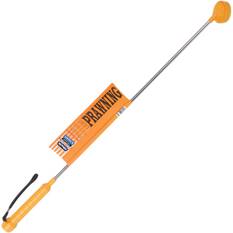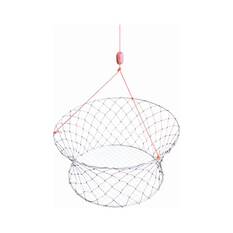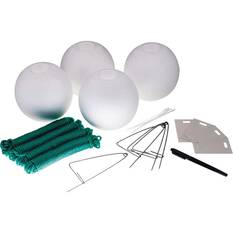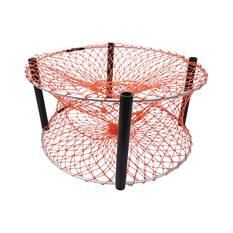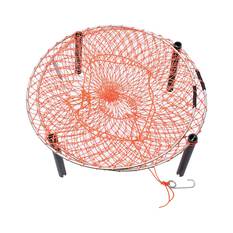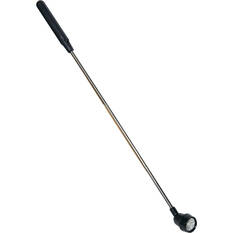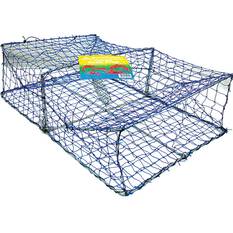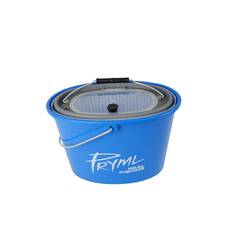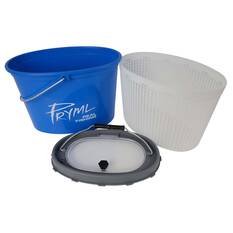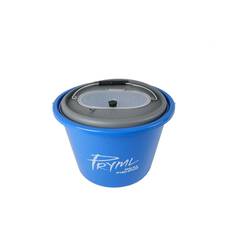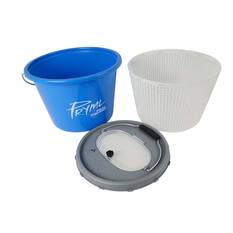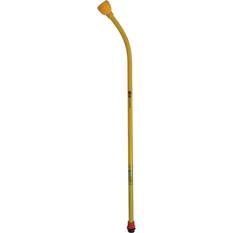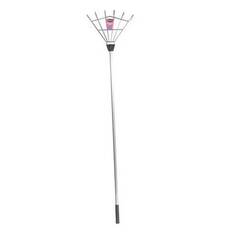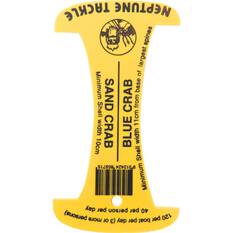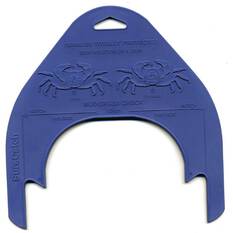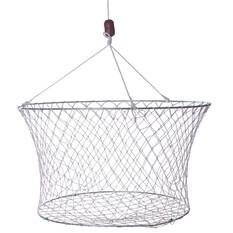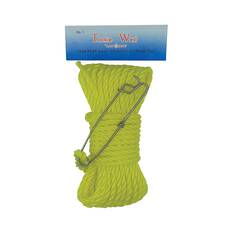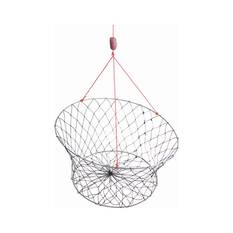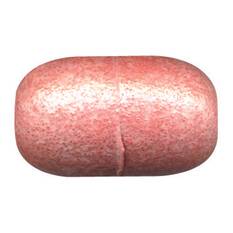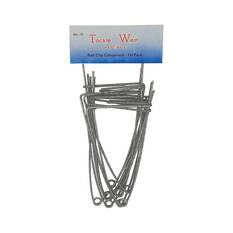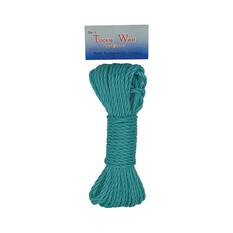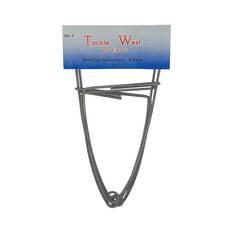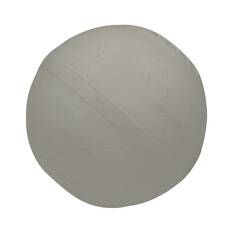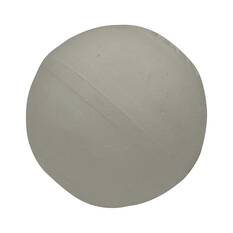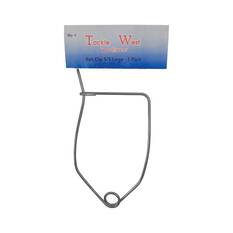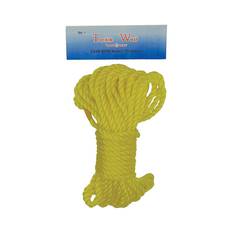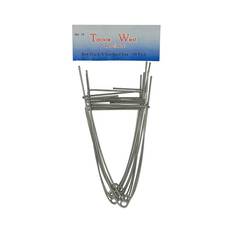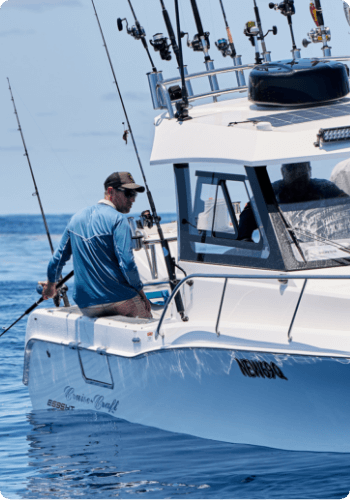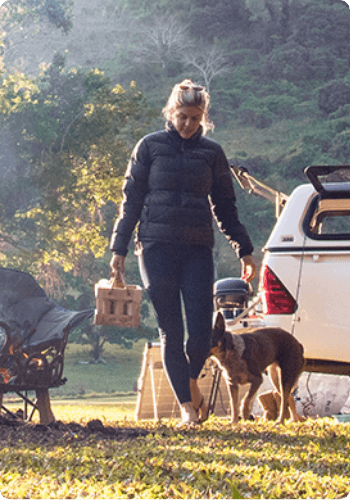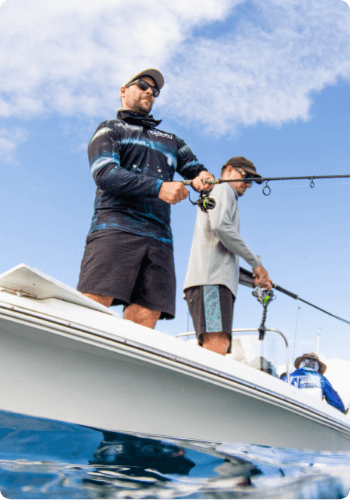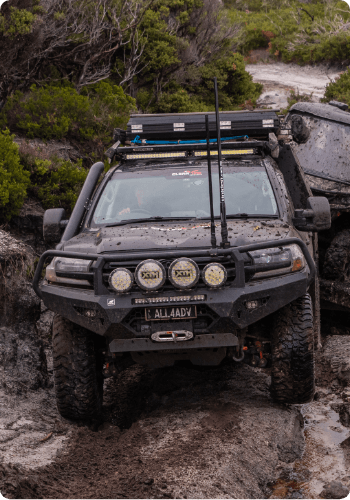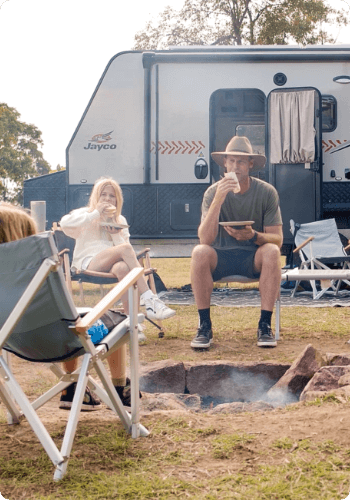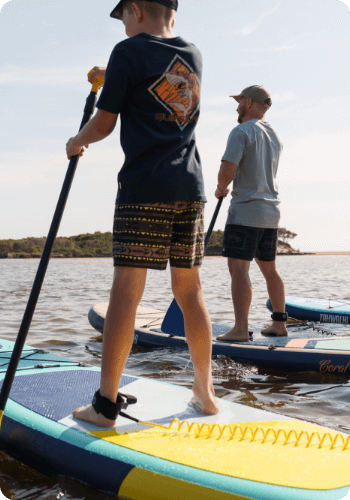Filter by
Sorting by
-
Pryml$16.99 ^★★★★★ ★★★★★ (12)
-
New Member Offer
Join & Get
$10 CreditJoin & Get
$10 CreditONLINE ONLY
Offer ends 26.02.26.
Credit applied within 48hrs and valid for 35 days. Single use only. T&Cs apply.
Join Now Join Now
Filter by
Crabbing & Prawning
Prawning and crabbing are a popular past time across all of Australia. It’s important to check your state laws on size, bag and boat limits. Check out our range of prawning and crabbing equipment and gear below or head in-store to talk to one of our BCFing experts.
Where do you catch mud crabs?
Mud crabs inhabit estuaries and bays, sheltering in the mud and amongst mangroves. During high tides, muddies forage for food brought in by the rising tide. They are generally more active in warmer months but can be caught year-round, particularly after periods of heavy rain.
How are mud crabs caught?
Muddies can be caught using baited pots or drop nets, set in creeks, near mangroves or in low tide drains. Depending on the method being used will determine the length of the soak. Crab pots should be left for an entire tide cycle whereas drop nets need to be regularly pulled. Before heading crabbing check with fisheries for local rules and regulations.
Where can I find sand crabs?
Sand crabs can be found in estuaries and bays near large sandy flats and weed beds. Sandies prefer area's that are always covered with water but still get a good amount of tidal flow. They are can be caught all year round but warmer month's generally produces better catches.
How to catch sand crabs?
Sandies can be caught using baited pots or drop nets, set in creeks, on large sand flats or around weed beds. Depending on the method being used will determine the length of the soak. Crab pots should be left for an entire tide cycle whereas drop nets need to be regularly pulled. Before heading crabbing check with fisheries for local rules and regulations.






